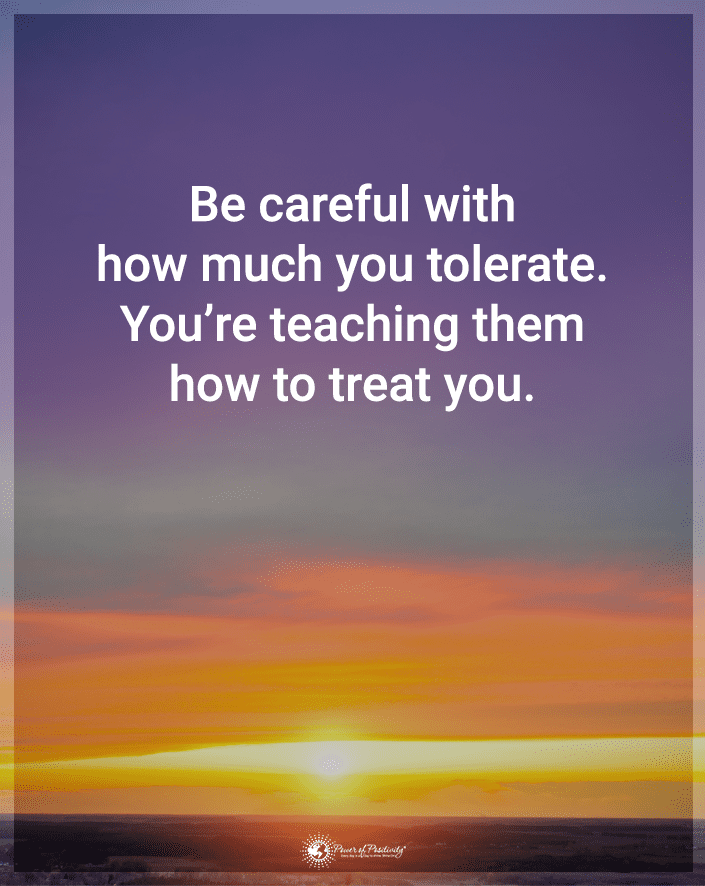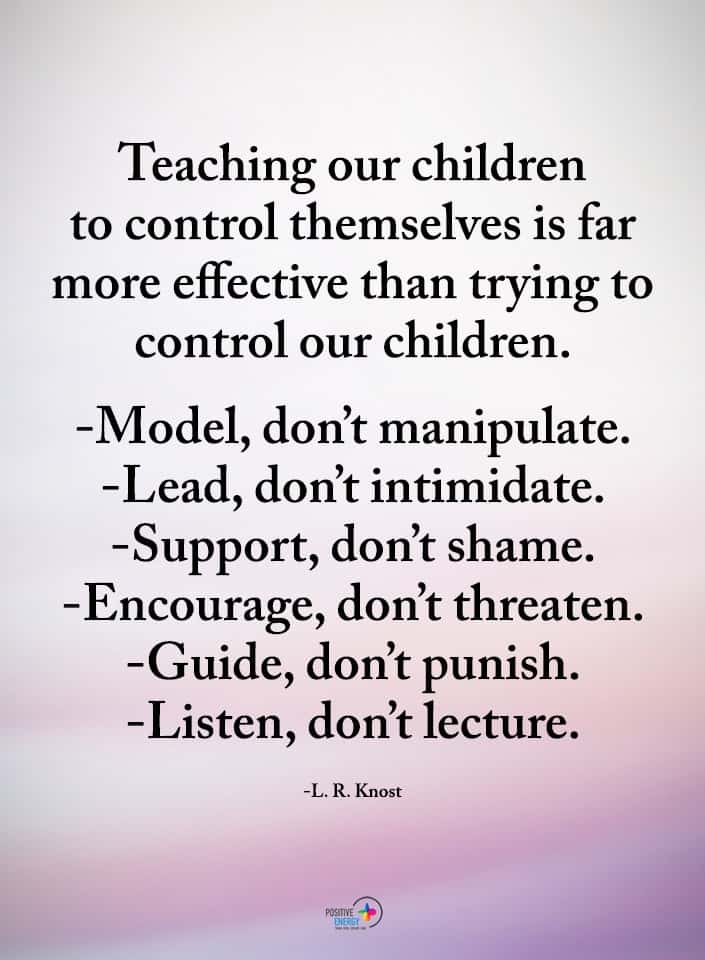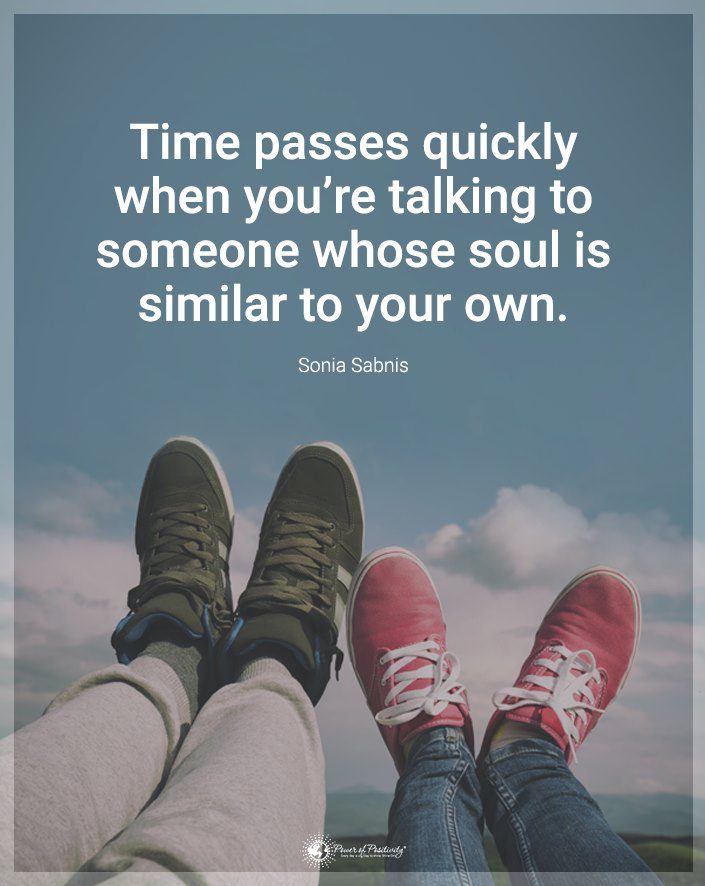Here’s what you should know about psychopathy.
Psychopathy is a complex and often misunderstood condition. It is characterized by a lack of empathy, remorse, and an inflated sense of self-importance. Psychopaths are known for their manipulative behavior and, in many cases, their tendency to seek revenge. But what drives this relentless pursuit of retribution?
Imagine walking through a deep, dense forest at night. It’s a place where shadows twist and turn with every step. This forest is unfamiliar, eerie, and unpredictable, much like the mind of a psychopath. In this shadowy environment, paths are obscure. What seems harmless might be dangerous.
Just as an experienced guide knows how to navigate through the dark woods, understanding the psychopathic mind requires expertise and insight. This journey into the psychological wilderness reveals why psychopaths are often driven to seek revenge, a quest that is as complex and intricate as the most tangled forest paths.
The Role of Empathy and Emotion

One of the key features of psychopathy is a significant deficit in empathy. Empathy, or a natural ability to understand and share the feelings of others, acts as a crucial component in the fabric of human relationships. It’s like an invisible thread that connects us, allowing us to feel compassion and understanding towards others.
For psychopaths, however, this thread is either frayed or entirely missing. This emotional disconnection is not just a minor gap in their psychological makeup; it’s a chasm that deeply affects how they interact with the world.
Empathy guides the actions and decisions most of us make. Indeed, it often serves as a moral compass. We feel discomfort when we see someone in pain, joy in others’ happiness, and guilt if we are the cause of someone’s distress. In the mind of a psychopath, these emotional cues are absent or significantly muted.
They often perceive others not as individuals with their feelings and rights but as objects or tools to be exploited for personal gain. This viewpoint is akin to a chess player viewing the pieces on the board – each piece is a means to an end, not something with its own intrinsic value or emotional state.
This lack of empathy is intertwined with an inability to form genuine emotional attachments. While many of us cherish deep, emotional connections with family, friends, and partners, psychopaths often find these bonds elusive. They may mimic emotions – displaying affection, interest, or concern – but this is usually a facade, a means to manipulate or control. Their emotional experiences are often shallow, fleeting, and self-serving.
This detachment from the typical range of human emotions makes it easier for them to engage in harmful behaviors without the restraint of guilt or remorse. The absence of an emotional emergency brake can lead to actions that most would find unfathomable.
The Need for Control and Dominance
Closely linked to their lack of empathy is a psychopath’s deep-seated need for control and social dominance over others. This need often stems from an inflated sense of self-worth and entitlement. They may harbor a grandiose view of themselves, believing they are inherently superior to those around them. This distorted self-perception fuels a desire to assert their dominance and control in various aspects of their lives.
Any perceived slight or challenge to their authority can be interpreted as a personal attack, an affront to their self-perceived superiority. In response, they may seek revenge, not just to reassert control but also to punish those who dared to challenge them. This reaction is not about righting a wrong in the traditional sense; it’s about maintaining their position of power and dominance.
Their need for control can manifest in various ways – from overt aggression to subtle manipulation. In relationships, they may be domineering, demanding obedience or submission. In the workplace, they might be overly critical, micromanaging, or manipulative, using their position to keep others under their thumb. This need for dominance constantly drives their interactions, shaping their behaviors and responses to those around them.
Understanding these inner workings of the psychopathic mind is crucial for comprehending their actions and motivations, particularly their propensity for revenge and manipulation.
Psychopaths Enjoy the Thrill of the Chase
Pursuing revenge for a psychopath often transcends mere retribution; it becomes a game, a source of stimulation and excitement. Imagine a cat playing with a mouse, not out of hunger, but for the thrill of the chase. Similarly, psychopaths derive pleasure from the process of planning and executing their revenge. It’s not just about the end goal but the journey there – the meticulous plotting, the anticipation, and the strategic maneuvering. They’re also fearless in their pursuit.
This thrill-seeking behavior is rooted in their need for stimulation and a propensity for boredom. The psychopathic mind often craves novelty and excitement, and revenge provides a complex and engaging activity. It’s like a puzzle or a challenging game, where they can apply their skills in manipulation and deceit. Outsmarting someone, anticipating their moves, and striking at the right moment can be exhilarating.
Moreover, this pursuit often distracts from the emptiness and boredom plaguing their internal world. Engaging in a high-stakes revenge game can fill a void without deep emotional connections and genuine interests, providing a temporary sense of purpose and excitement.
Psychopaths Use Revenge as a Tool for Manipulation
Revenge, in the hands of a psychopath, is more than just a response to a perceived wrong; it’s a calculated tool for manipulation. By executing their revenge, they can instill fear and uncertainty in their victims. This fear is a powerful mechanism for control. It’s akin to a puppeteer pulling the strings, with the victims being the puppets, reacting and moving by the psychopath’s whims.
This tactic plays directly into their desire to dominate and control their environment. They clearly communicate their power and influence by demonstrating their ability to harm or retaliate. This power play can be an effective way to keep others in line, ensuring compliance and submission. The victims, often in a state of anxiety and fear, may find themselves going to great lengths to avoid further provoking the psychopath’s wrath.
Furthermore, the use of revenge as a tool for manipulation can extend beyond the immediate victim. It can serve as a warning to others, a demonstration of what can happen if they cross the psychopath. This not-so-subtle warning can create an atmosphere of fear and control in a larger group. It may apply to a family, a workplace, or a social circle.
In the minds of psychopaths, the pursuit of revenge is multifaceted. It provides the thrill of the chase, a form of entertainment that engages their need for stimulation and alleviates boredom. Simultaneously, it can serve as a strategic tool for manipulation, allowing them to exert control and dominance over their victims and their environment. This complex interplay of motivations underscores the intricate and often disturbing nature of the psychopathic mind.
The Impact of Revenge on Victims
The repercussions of a psychopath’s revenge on their victims are often profound and far-reaching. Imagine being caught in a relentless storm, where every moment is filled with uncertainty, fear, and a sense of impending doom.
That is akin to the emotional turmoil experienced by victims. The cycle of fear, anxiety, and trauma can be overwhelming, creating an environment where victims feel constantly on edge, as if walking on a tightrope without a safety net.
The psychological impact can manifest in various forms. Victims may experience chronic anxiety, always anticipating the next move of their aggressor. This state of hyper-vigilance can lead to sleep disturbances, a constant sense of dread, and an inability to focus on daily tasks. In some cases, the trauma can result in symptoms similar to Post-Traumatic Stress Disorder (PTSD), where victims relive their experiences through flashbacks and nightmares, further entrenching the fear and anxiety.
Moreover, powerlessness and entrapment can erode self-esteem and lead to helplessness. Victims may question their judgment, feel guilty for being unable to stop the abuse, or even blame themselves for the situation. Victims’ self-blame can result in a decline in mental and emotional well-being, affecting relationships, work, and overall quality of life.
The long-term effects can be equally debilitating. Victims may develop trust issues, finding it hard to forge new friendships or maintain existing ones. They might become isolated, withdrawing from social interactions to avoid potential harm. The shadow of the experience can linger long after the actual events have ceased, affecting their ability to lead a fulfilling and peaceful life.
Breaking the Cycle
Breaking the cycle of a psychopath’s revenge requires understanding and intervention. It’s akin to disarming a complex and dangerous mechanism; careful, knowledgeable handling is essential. Recognizing the signs of psychopathic behavior is the first step. That can include their pattern of manipulation, lack of empathy, and tendency to dominate and control others.
Awareness of these traits can be crucial for individuals to identify potentially harmful relationships and seek help. For professionals, such as therapists, counselors, and law enforcement, this knowledge can inform their approach to supporting victims and intervening in potentially dangerous situations.
It’s important to remember that psychopathy is a spectrum, and not everyone exhibiting certain traits will engage in revenge-seeking behavior. However, understanding the potential risks and motivations can aid in developing effective strategies for intervention and support. These might include safety planning for victims, therapeutic interventions to address trauma, and legal measures to protect those at risk.
Breaking the cycle also involves empowering victims. This empowerment can be achieved through education, support groups, and therapy. Helping victims understand that they are not to blame, building their self-esteem, and equipping them with tools to regain control of their lives are vital steps in the healing process.
Final Thoughts on Understanding Why Psychopaths Always Look for Revenge
To recap, the pursuit of revenge by psychopaths comes from a complex intersection of factors. These include a lack of empathy, a need for control, and a desire for stimulation.
Understanding these motivations is key to addressing and mitigating the harm caused by their actions. By seeking professional help and support, victims can find ways to cope and move forward.
To better understand the human mind, it’s essential to approach these topics with empathy and a desire to learn. While psychopathy is a challenging condition, both for those who have it and those affected by it, understanding and awareness can be powerful tools in navigating these difficult waters.




















